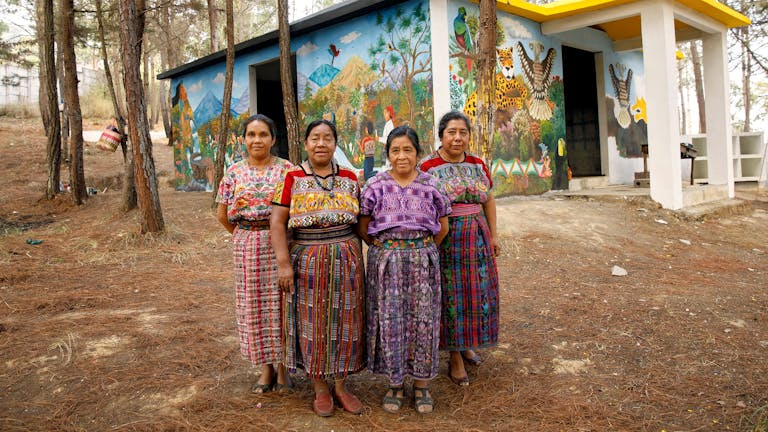Legal gender equality is a prerequisite for a gender-equal world and an inclusive, resilient economic recovery. Yet, only 12 countries consider women equal under the law. Women, on average, have three-quarters of the legal rights of men, and only half in the Middle East and North Africa.
These discriminatory laws affect every aspect of a woman’s life — from where she lives and works, to when and whom she marries, to whether she can open a bank account, inherit property, or apply for a passport. While more than 1,500 reforms have been passed over the last five decades, and progress has been made in every region of the world, we still have a long way to go to achieve full equality under the law.

The UN Foundation is working with partners, like the World Bank, to improve knowledge about discriminatory laws that impede progress for girls and women and advocate for laws that protect the rights of girls and women in every aspect of their lives.